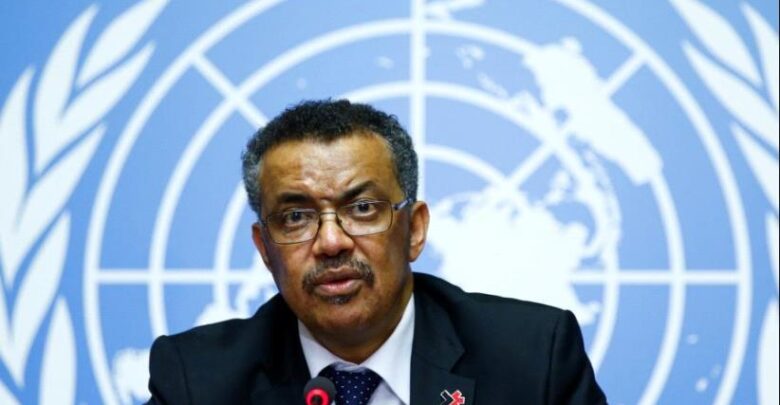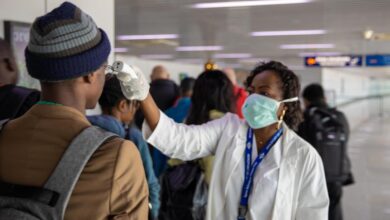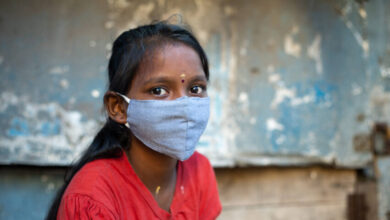Health
WHO Health Expert Warns African Cholera Cases Falling But Floods Up Risk

The World Health Organization (WHO) on Thursday warned that heavy flooding due to seasonal rains and tropical cyclones in southern Africa risk fuelling a cholera outbreak reported Africa News.
Dr. Matshidiso Moeti, the WHO Regional Director for Africa, added that the weekly cholera cases in affected African countries declined. The WHO is providing support to step up disease detection capacity and provide medical supplies in regions at risk of flooding.
According to a statement, the number of new cholera cases declined to 2880 in the week ending on February 26, witnessing a 37% decline as compared to the week before when 4584 cases were recorded. The number of deaths remained almost unchanged, declining marginally from 82 to 81 during the same period.
Twelve African countries including South Africa, Tanzania, and Zimbabwe are currently reporting Cholera cases.
The WHO warned that cholera outbreaks are occurring amid seasonal rains and tropical storms that have caused heavy flooding In southern Africa, notably in Malawi, which is currently experiencing its worst-ever cholera outbreak.
“Countries have stepped up cholera control measures and early indications are promising. However, the heavy flooding and cyclonic events in parts of southern Africa risk fuelling the spread of the disease,” said Moeti.
She said the UN health body is reinforcing full support to countries to increase disease detection capacity, providing medical supplies, and boosting readiness in regions at risk of flooding.
The WHO has already deployed about 80 health experts to the Cholera affected countries. The global health organization has shipped 455 tonnes of critical cholera supplies to Malawi and Mozambique over the past two months. The supplies have also been delivered to Burundi, the Democratic Republic of the Congo (DRC), Ghana, Kenya, and Zambia to bolster outbreak preparedness and response.
The ongoing cholera outbreaks in African countries are being exacerbated by extreme climatic events and conflicts, where people are forced to flee their homes.






